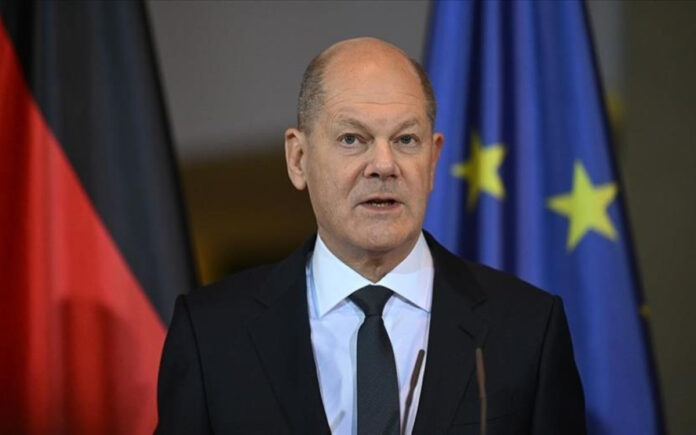Berlin: German Chancellor Olaf Scholz reaffirmed on Friday Berlin’s stance against sending long-range missiles to Ukraine, despite growing international discussions on giving Kyiv more flexibility in using such weapons.
“Germany has made a clear decision about what we will do and what we will not do. This decision will not change,” Scholz stated during a press conference, addressing questions about Germany’s missile support.
As Western powers like the United States and Britain were set to meet to discuss allowing Ukraine to fire long-range missiles into Russia, tensions continued to rise with Moscow. British Prime Minister Keir Starmer’s visit to U.S. President Joe Biden came at a time when Kyiv was increasingly lobbying for the right to use such weapons and seeking further help in countering Russian missile and drone attacks.
Russian President Vladimir Putin has previously warned that permitting Ukraine to use long-range weapons would escalate the conflict, essentially putting NATO “at war” with Moscow.
The United States has supplied Ukraine with ATACMS missiles, while Britain has provided Storm Shadow missiles, both of which are long-range. However, Germany has consistently refused to send its Taurus long-range missiles due to fears of provoking further conflict.
Earlier on Friday, Scholz’s spokesman, Steffen Hebestreit, clarified that the weapons under discussion in Washington were of a longer range than anything Germany had provided so far. German Defence Minister Boris Pistorius remarked that while the decisions of the U.S. and Britain were their own, allowing Ukraine to strike inside Russian territory would be “fully in line with international law.”
Also Read | Zelenskyy Slams West for Hesitating on Ukraine Missile Defense, Despite Support for Israel
Despite Germany being the second-largest supplier of military aid to Ukraine after the United States, it plans to reduce its military aid budget for Ukraine by half next year. Domestically, Scholz has faced increasing pressure from opposition parties critical of Berlin’s support for Kyiv, with those parties gaining ground in regional elections in early September.
Nevertheless, the German government has reiterated its commitment to supporting Ukraine, pledging to stand by Kyiv “for as long as necessary”.



